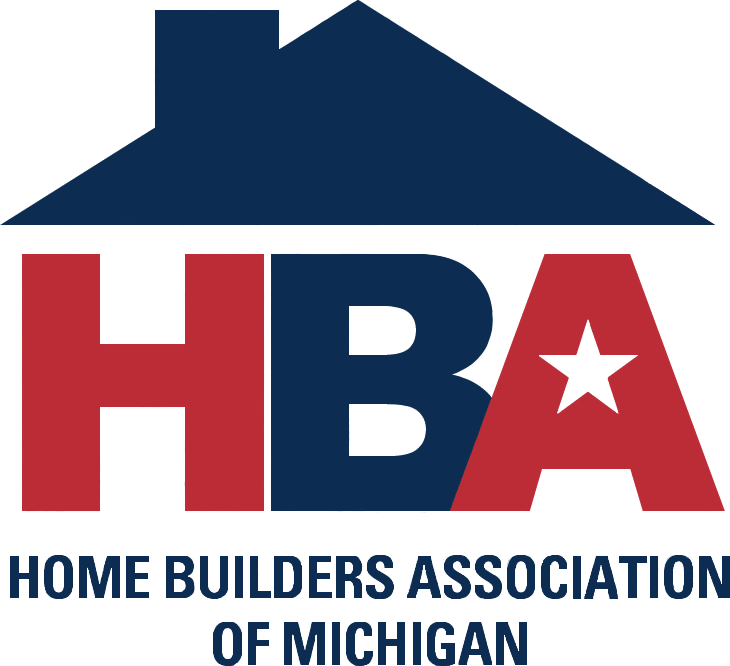Building Solutions to Michigan's Housing Shortage

Building Solutions to Michigan's Housing Shortage
Representative Kristian Grant, District 82
The housing crisis we are experiencing is not unique to Michigan, but we can work together to find unique solutions. Due to labor shortages, the recession in the early 2000s, challenges with material supplies, and many other issues, Michigan currently faces a housing shortage of roughly 150,000 units. This is often framed as an affordable housing crisis, but the most pressing issue we face is the overall shortage of housing. This lack of housing directly affects both the quality and cost of homes available to Michiganders. To address this significant shortage, we cannot continue with business as usual. We need all hands on deck—legislators, industry experts, local officials, etc.—working together to take a bold and intentional approach to housing. Housing is an essential need for every Michigander, and it is not one that can afford to be delayed.
Current trends predict that we will build an additional 20,000 units per year between now and 2026. While this represents progress, it falls short compared to the growing number of units needed immediately across the state. If we are to lead the country as a state known for education, economic investment, and a growing population, we must first excel in providing housing for Michiganders. To do this effectively, it is important to pinpoint the recurring barriers we face in building more housing. During my research as a legislator, I found that limits on multi-unit housing, density, and other zoning restrictions have not only delayed construction across the country but have also significantly increased costs and exacerbated urban sprawl. Studies show that local planning and zoning requirements can increase construction costs by up to $90,000 per unit and add months to the timeline. 
This brings me to a bipartisan solution that I believe is necessary to truly improve Michigan's housing landscape. When I set out to craft a meaningful housing package, I researched the statewide discrepancies that have the most significant impact on our housing supply. Based on that, I developed nine statewide policy proposals. The concepts in my nine-bill package include statewide parking requirements, setback requirements, required study requirements, accessory dwelling units, duplexes by right, local petitioning processes for community feedback, and statewide minimums for lot and unit sizes.
By setting statewide standards for planning and zoning processes, the goal is to streamline the building process. Removing red tape allows many building basics to happen as a matter of right, eliminating unnecessary wait times and costs while keeping safety and Michiganders a priority. This approach also directly addresses housing costs by allowing for smaller units and cutting out much of the unnecessary processes at the local level. These bills are not the end of the work that needs to be done, but they are a significant step toward addressing the housing crisis—one that requires more than simply adding housing dollars to the budget. This package is ambitious, and passage through the House and Senate will require a concerted effort from all stakeholders. I look forward to working with partners across the state to make this a reality!
